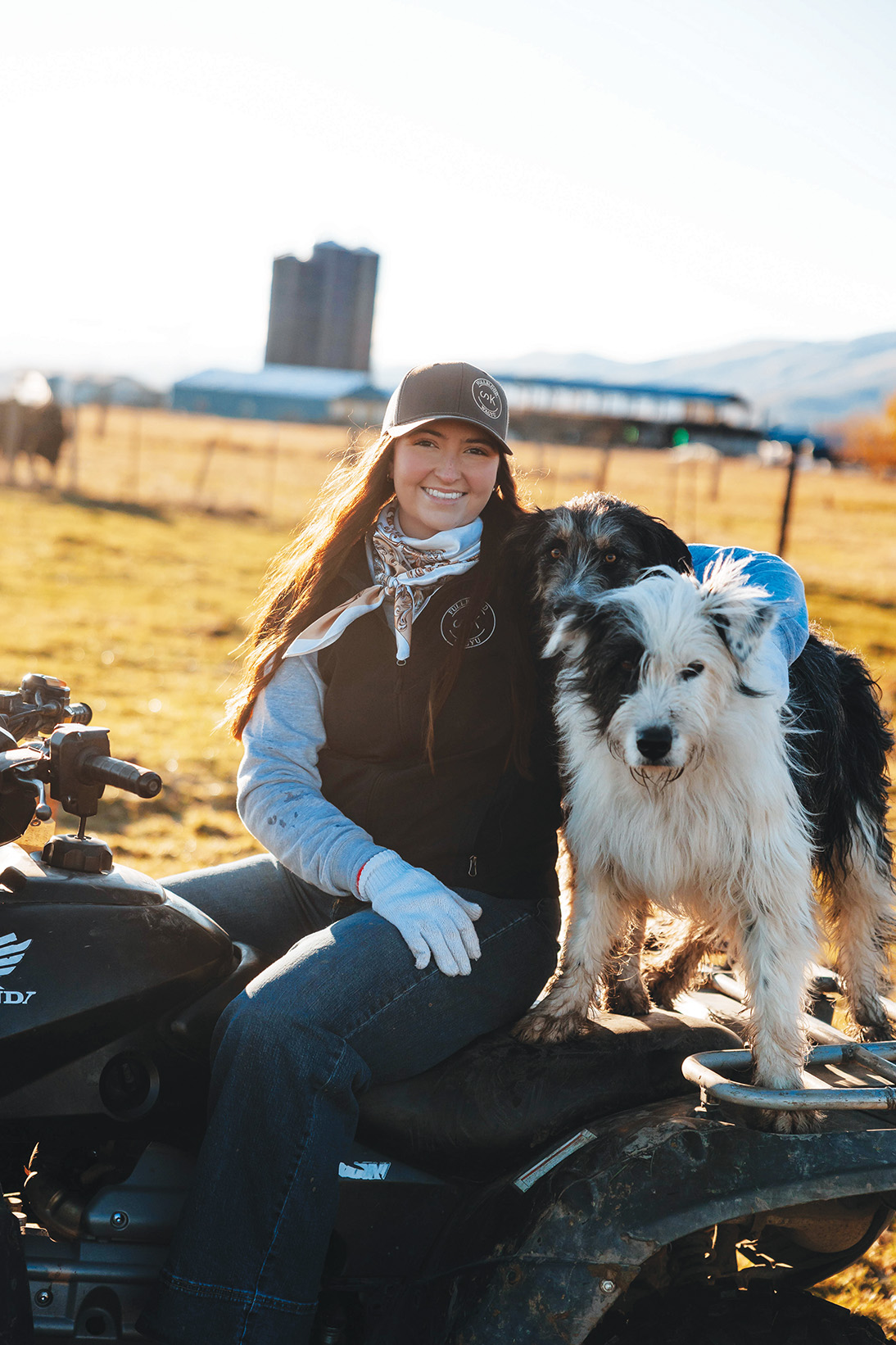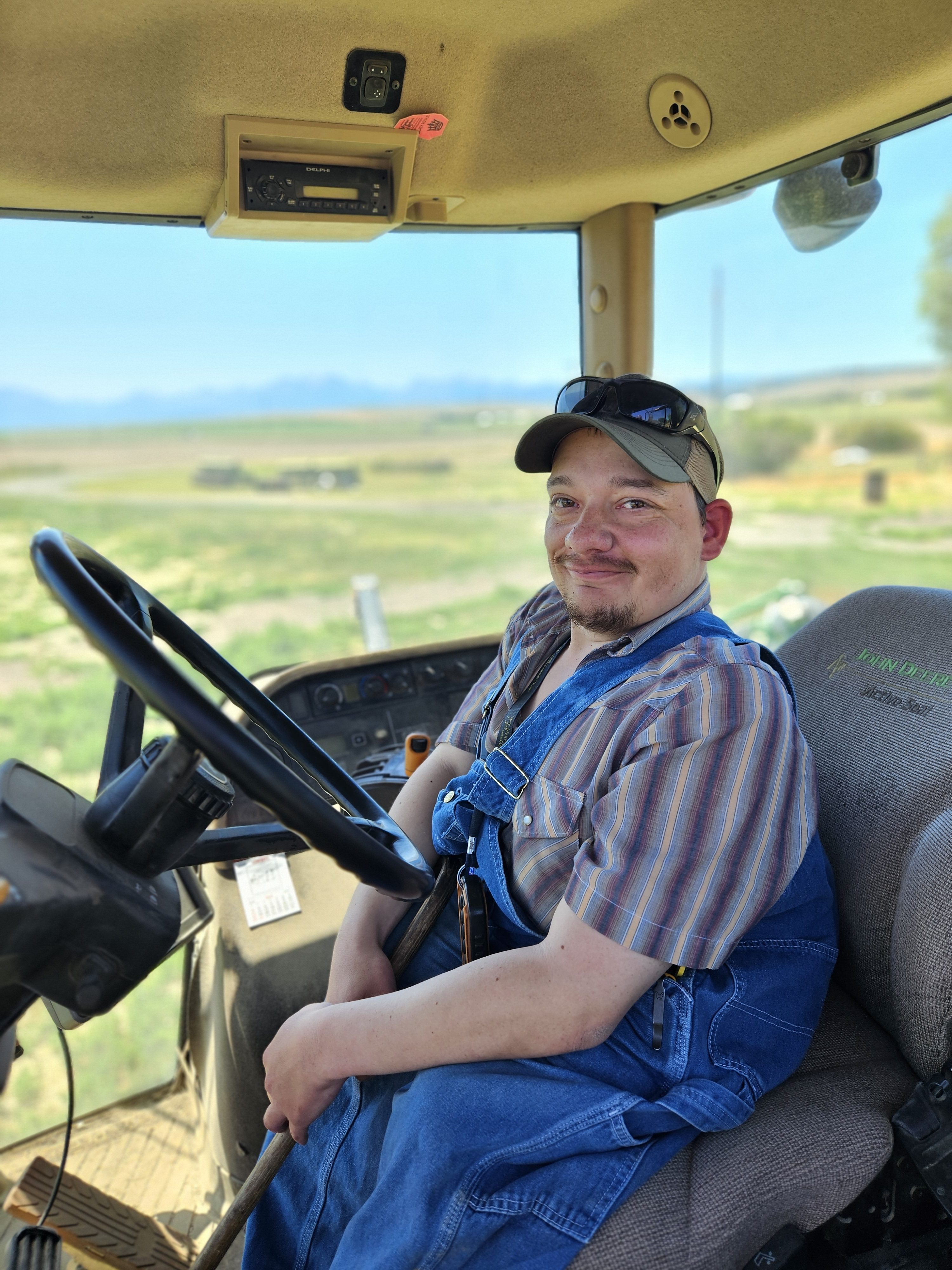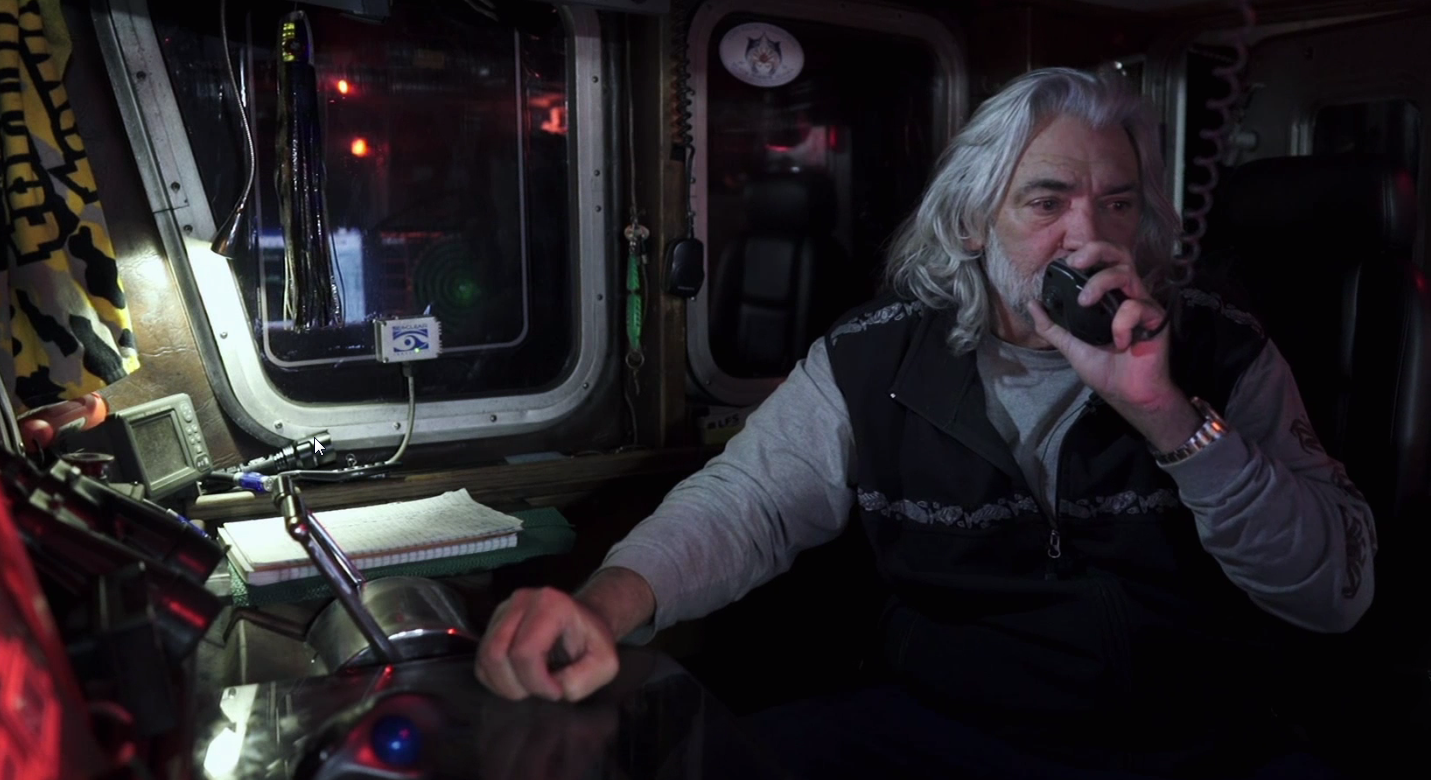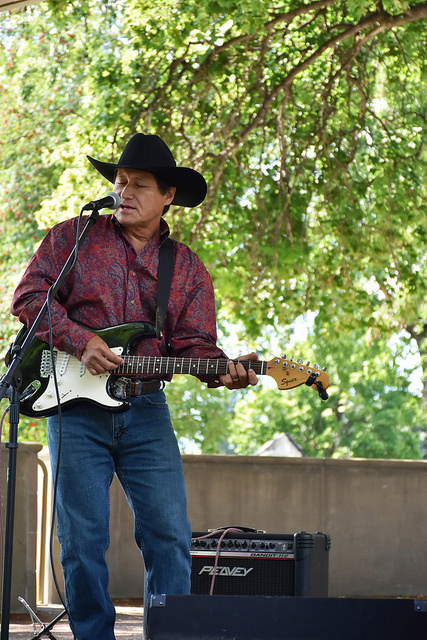Kennedy’s Eastside Market closed; but will re-open
Published 2:18 pm Thursday, August 29, 2013
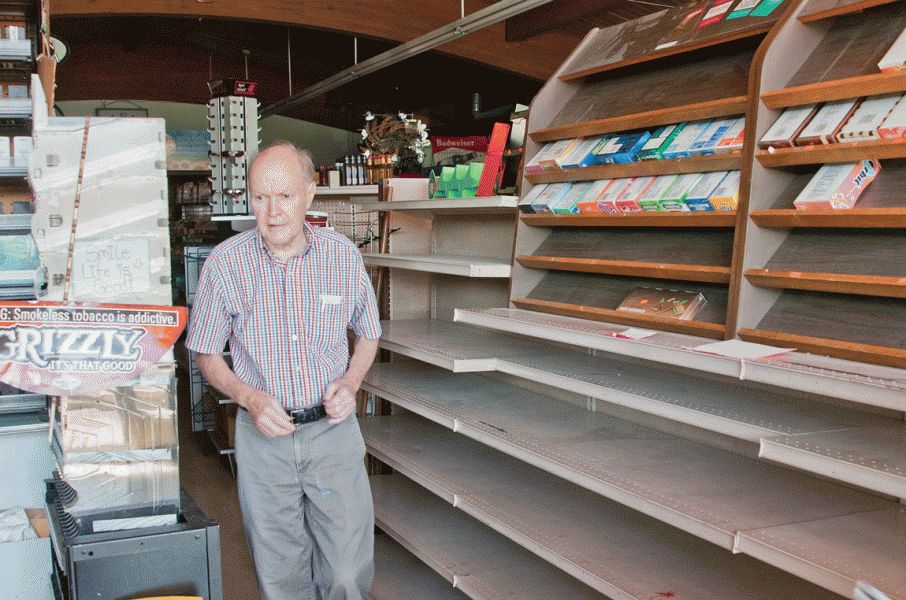
- S. John Collins / Baker City Herald Roger Kennedy's Eastside Grocery Baker City is devoid now of the chatter of children looking for there special candy, the familiar noise of ice dropping into soda cups and the endless hum of freezer and cooler systems.
By Chris Collins
Trending
ccollins@bakercityherald.com
The closed sign has been flipped over for the last time at Kennedy’s Eastside Grocery.
Roger Kennedy shut the doors of his store earlier this month and hasn’t looked back. He’s looking forward to a life without the all-consuming workload of operating a neighborhood market.
Trending
For the community, it’s the end of an era when family owned grocery stores could be found in nearly every neighborhood.
Except for York’s Park Grocery on Campbell Street, which has been transformed into a sporting goods and convenience store in recent years, Kennedy’s Eastside Grocery was Baker City’s last survivor.
“After all these years, I never thought I’d get to this point,” the 72-year-old Kennedy said in an interview at his home just east of the store at 1280 Washington Ave.
“Right now I’m so happy,” he said.
For neighborhood residents the closure of the store, which has been run by members of the Kennedy family for most of the past 66 years, came as a shock.
But, the good news is they won’t have to go elsewhere for milk, bread and other items for long.
As of Sept. 1, Kevin Logsdon, who with his wife, Marilyn, took over ownership of York’s Park Grocery earlier this year, will lease Kennedy’s store in partnership with Jay Raffety, who owns The Main Event bar and restaurant on Main Street.
Kevin Logsdon declined to discuss their plans for the store until more details have been finalized.
But the neighborhood can depend on the store re-opening, he said.
That is good news for Katrina Rudolph-Wise, who views the closure of Kennedy’s as “a tragedy.”
The 43-year-old grew up in east Baker City and has lived across the street from the store for the past nine years.
She and her three children, ages 11, 9 and 6, are mourning the temporary loss of Kennedy’s.
“Oh, my goodness, that’s the most tragic thing that’s happened to the neighborhood – ever,” she said.
Rudolph-Wise says it would never fail that she’d return from Albertsons or Safeway after doing the majority of her shopping only to find that she’d forgotten milk and bread.
“And pop – always,” she said of the fountain drinks, known for being “the coldest, cheapest pop in town.”
Neighbors congregated at the store, and she and her children had even designated it as a place to meet if they became separated in the case of a fire or other family emergency.
“You need something, you go over and get it from Roger,” she said. “I’m going to have to reorganize my entire life.”
She recalled how her lifetime connection with Kennedy paid off when she moved back to the community. She and her then 2?-year-old and 6-month-old baby were staying with her parents while awaiting the moving van that would deliver their belongings to their new home on Washington Avenue.
The van was expected to arrive at 8 a.m., but she got a call from the driver saying he was there early.
She asked how he knew to call her parents’ home.
The explanation was easy: “I’m visiting with Roger and he said that’s probably where you were,” the driver said.
Vernon Golar, 73, who grew up on Chestnut Street, also is saddened by the end of the Kennedy era even though he no longer lives in the eastside neighborhood.
“Kennedy’s was there all my life,” Golar said. “It was like a monument to me.”
He shopped at the store when it was run by Roger’s parents, George and Maxine Kennedy, and continued to patronize the business after Roger took over.
Golar went to school with Roger and was in the same class with Roger’s older sister, Marilyn (who died in 2002).
Golar said his folks did most of their shopping at Kennedy’s while he was growing up. He remembers them giving him a dime and sending him to the store for a loaf of bread. And he can still taste the superior flavor of the 10-cent, 8-ounce bottles of Coke he bought at Kennedy’s as a kid.
As for Roger, he has been so busy running his store he hasn’t had time to prepare for retirement.
The store was open seven days a week: from 7:30 a.m. to 8:30 p.m. Monday through Saturday and from 8 a.m. to 8 p.m. on Sundays. (His employee, Chelsea Harris, recently changed the Sunday closing to 7 p.m., he said.)
Kennedy had employed two to three people at a time over the years, including some longtime employees. Pat Williamson worked at the store for 30 years before retiring, and Suzanne Brown was behind the counter for 20-some years, Kennedy said.
At one point, when one of his workers left, he didn’t replace her and he ran the store by himself for a year and three months.
That was a workout, he says, recalling that people would be waiting for him to open the doors in the morning and continued to stream in throughout the day until closing.
Kennedy said he didn’t realize until a couple of years ago that nearly every store in town offers groceries. There’s Albertsons and Safeway, of course, but also Bi-Mart and Rite Aid and The Dollar Tree and the mini-marts that accompany most gas stations, including Maverik, which opened on Campbell Street in November 2011.
“I didn’t have time to think about how the times were changing,” he says.
His store inventory had dwindled and he wasn’t able to keep it stocked as well as he had in the past while he coped with health problems.
In retirement, health issues will continue to occupy part of his time as they have over the past four years.
That’s when his sister, Donna Goodwin, noticed he was losing weight and urged him to see a doctor.
A short time later he traveled to Boise where he was diagnosed with kidney failure.
Kennedy stayed in Boise for a week while doctors adjusted his medicine and prepared him for dialysis.
“It’s not much fun, but it’s better than the alternative,” Kennedy says.
At first, he was required to travel to La Grande three times a week for dialysis treatment. These days he’s able to treat himself at home while he sleeps, albeit in fits and starts.
Supplies for the procedure, which requires him to hook up three bags of blood-cleansing fluid nightly to a tube in his stomach, are stacked in the living room of his house.
Dialysis rids the body of wastes, extra salt and water and helps control blood pressure when the kidneys are no longer able to do the work, according to the National Kidney Foundation website (www.kidney.org).
The in-home treatment has allowed Kennedy to get back to eating the foods he loves, but wasn’t allowed to have during the hospital treatments.
And so far, his improved diet hasn’t hurt him.
“My reports have been good. They have smiley faces on them,” he says.
Kennedy has developed a few hobbies over the years despite his dedication to the store. He enjoys collecting coins and stamps, playing harmonica and guitar and “chasing women,” he says jokingly.
“That came to an end years ago,” and he quickly adds, “I never was a real chaser.”
He enjoys all types of music, but is especially fond of Elvis, who is his “entertainer of the century.”
Kennedy spent most of his childhood in Baker City. His parents purchased the Eastside Grocery a few doors down from the present location in 1947 and by the time he was 6 or 7 he was already helping stock shelves. The family moved to Tempe, Ariz., for a few years, but by 1950 they had returned to Baker.
The Kennedys bought the old store back from cousin Sam Lay and then built the new store at its present location in 1964.
Roger, a 1959 Baker High School graduate, spent his high school years working at the store. He took to it naturally.
He recalled a salesman traveling through who noticed the way he had of relating to customers and brought it to his dad’s attention.
“That kid should be behind the counter,” the salesman told the elder Kennedy.
Over the years, Kennedy not only provided a full line of grocery items for the neighborhood, but he also developed friendships with the school kids and provided a listening ear for those who came through the door.
People were always eager to share their lives with him, he says.
“More people, especially ladies – I don’t even know them – and they start telling me about their breakup (and other details of their lives),” he said. “When they’re through they thank you for listening.”
“I’m a listener and they like to talk,” he says of his customers.
And that includes hisformer mother-in-law, Lucille Hermsen, who lives near the store and has continued to stop by for an occasional visit even though Kennedy and Hermsen’s daughter, Judy, have been divorced since 1983.
The couple had four sons, who Roger speaks of with pride. Rick, 47, lives at Bend and is a graphic designer.
Ryan, 45, is a counselor in Denver and teaches college classes at Boulder, Colo. Kyle, 43, is a clothing designer in Columbus, Ohio. And youngest son, Kevin, 39, is a mechanical engineer whose work takes him all over the world.
Although the boys helped some in the store growing up, none wanted to make a career of it.
“I wouldn’t have wished that on them,” Kennedy says.
During his marriage, Kennedy and his family first lived in a house across the street from the store and then built a home on Balm Street.
The house next door to the store where Roger lives now was home to Kennedy family members, including his parents, for many years.
Although he kept the house after his parents died, it became more convenient for him to stay in the apartment in back of the store after his divorce.
He thwarted several break-in attempts by being in the store, he says, and there was always work to be done.
After he became ill, his sons began moving him back into the house and he’s found the extra room comfortable.
While the reopening of the store will be welcomed, it won’t be the same without Roger, says Rudolph-Wise, who teaches Spanish at the Baker Web Academy.
Still, she expects to greet her neighbor at his home across the street with their customary “hola,” the Spanish word for hello.
“At one point he wanted to learn Spanish, but that’s as far as we got,” she says.
Dennis Bachman, the city’s water serviceman, stopped by the house in the course of his work during the interview. He urged that a story about the closure of Kennedy’s include “how good a guy Roger is.”
“He’s a great fellow. I’m glad to have met him in my travels,” Bachman said.


